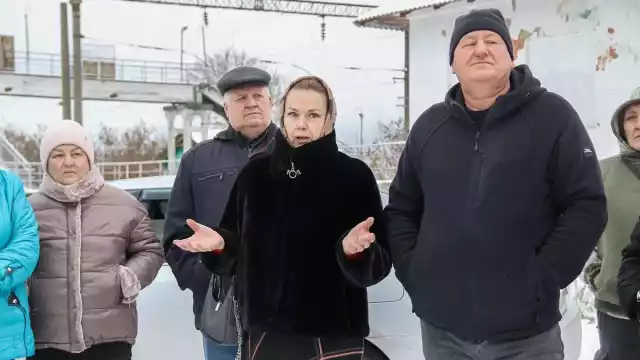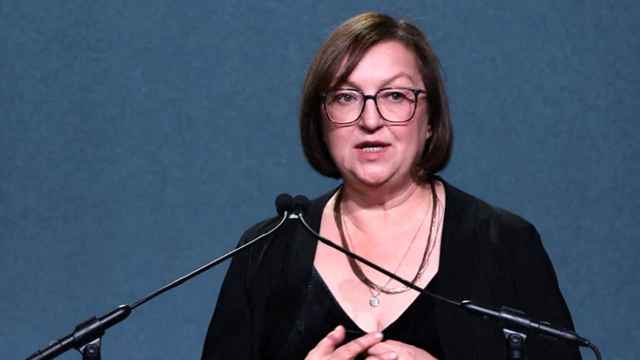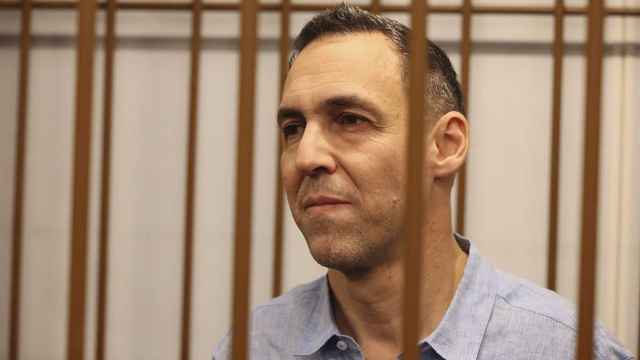Potash companies Uralkali and Silvinit should keep prices for domestic agriculture producers steady for at least 10 years after their merger, the head of the Federal Anti-Monopoly Service said Friday.
Itar-Tass, Interfax and RIA-Novosti news agencies quoted Igor Artemyev as saying the merger will be approved by the service only on this condition. Uralkali and Silvinit are set to create the world's No. 2 player.
Uralkali, which like Silvinit is effectively controlled by Russian mining-to-banking tycoon Suleiman Kerimov, offered to buy its nominal rival Silvinit for cash and shares.
"We have been working with these companies for a while and our view [on the deal] is positive," Artemyev was quoted as saying. The companies are expecting to close the deal by May 2011, provided they receive an approval from the watchdog.
The deal marks another step in consolidation in the global potash business, where a battle for dominance spurred BHP Billiton's attempt to take over Canada's Potash Corporation. The attempt ultimately failed.
Russia is one of just 12 countries that produce potash, used as an ingredient in fertilizers.
Artemyev added that domestic producers of complex fertilizers that include potash will pay according to a price formula linked to a minimum export price. He said the cap on prices for agriculture producers could be extended to 20 years.
The government plans to spend about $4 billion in 2011 to support its agriculture, one of the fastest growing sectors of the economy. Fertilizer producers sell only about 20 percent of their output at home, with the rest being exported. Prices for fertilizers are set to go up by 13 percent next year, according to an agreement between potash firms and agricultural producers.
The agricultural lobby has been complaining about high prices for fertilizers and suggesting a ban on their export. Prime Minister Vladimir Putin has ruled out such ban, saying it would ruin fertilizer companies.
A Message from The Moscow Times:
Dear readers,
We are facing unprecedented challenges. Russia's Prosecutor General's Office has designated The Moscow Times as an "undesirable" organization, criminalizing our work and putting our staff at risk of prosecution. This follows our earlier unjust labeling as a "foreign agent."
These actions are direct attempts to silence independent journalism in Russia. The authorities claim our work "discredits the decisions of the Russian leadership." We see things differently: we strive to provide accurate, unbiased reporting on Russia.
We, the journalists of The Moscow Times, refuse to be silenced. But to continue our work, we need your help.
Your support, no matter how small, makes a world of difference. If you can, please support us monthly starting from just $2. It's quick to set up, and every contribution makes a significant impact.
By supporting The Moscow Times, you're defending open, independent journalism in the face of repression. Thank you for standing with us.
Remind me later.





